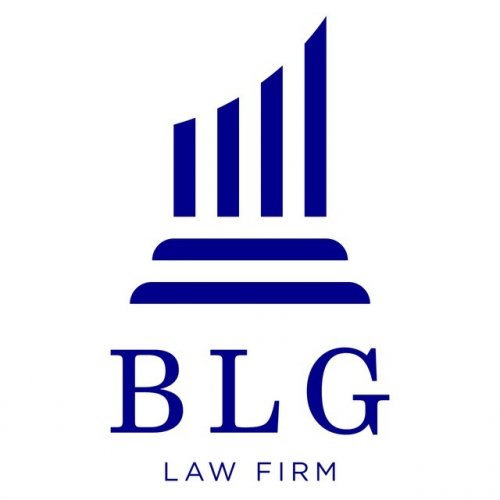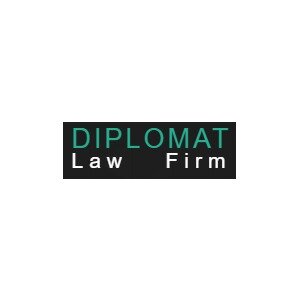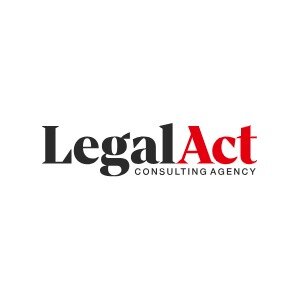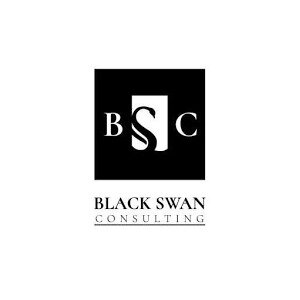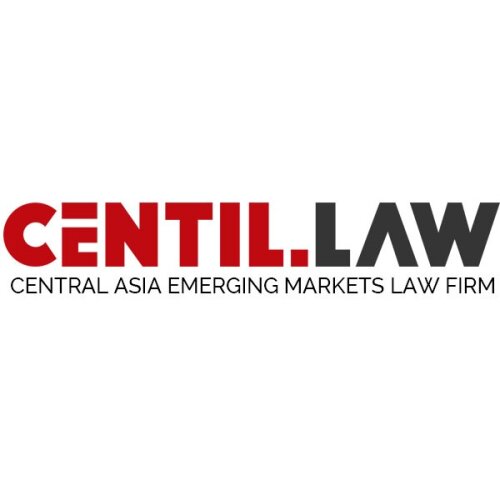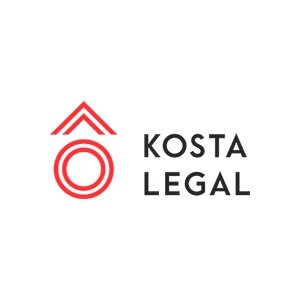Best Debt Capital Markets Lawyers in Tashkent
Share your needs with us, get contacted by law firms.
Free. Takes 2 min.
List of the best lawyers in Tashkent, Uzbekistan
About Debt Capital Markets Law in Tashkent, Uzbekistan
Debt capital markets (DCM) refer to the segment of financial markets where companies, governments, and other entities raise funds through the issuance of debt instruments, such as bonds, notes, and other fixed-income securities. In Tashkent, Uzbekistan, DCM activity is growing, influenced by economic reforms, increasing participation of international investors, and a dedicated legal framework supporting both local and foreign issuers and investors. The Tashkent Republican Stock Exchange serves as the country’s main marketplace for such instruments, underpinned by national legislation and regulatory supervision.
Why You May Need a Lawyer
Debt capital markets transactions can be complex, involving multiple parties, significant documentation, and observance of volatile regulatory requirements. You may need a legal specialist if you are:
- An Uzbek or international company seeking to raise capital through bonds or notes
- A financial institution or bank planning to underwrite or structure a DCM offering
- An investor interested in purchasing local debt securities
- A bondholder seeking to enforce rights or restructure a debt instrument
- Ensuring compliance with disclosure, listing, and anti-money laundering regulations
- Dealing with taxation and repatriation of proceeds
- Navigating cross-border DCM deals and currency control matters
Legal advice helps to mitigate risk, ensure compliance with Uzbekistan’s laws, and optimize transaction efficiency.
Local Laws Overview
In Uzbekistan, the legal framework for debt capital markets consists of several key statutes and regulations:
- The Law on the Securities Market governs issuance, placement, and trading of all securities, including bonds
- The Central Securities Depository and the Tashkent Republican Stock Exchange oversee registration and trading
- Issuer disclosure requirements include prospectus filings, financial statements, and ongoing reporting
- Foreign investors must comply with currency controls and specific registration processes for holding and trading debt instruments
- Taxation of interest income and capital gains is regulated by the Tax Code of Uzbekistan
- Regulatory oversight is conducted by the Ministry of Economy and Finance and the Central Bank of Uzbekistan for financial sector stability
Recent reforms focus on improving market transparency, facilitating foreign participation, and reducing bureaucratic hurdles for DCM activities in Tashkent.
Frequently Asked Questions
What types of debt securities can be issued in Uzbekistan?
Typical debt instruments include corporate bonds, government bonds, municipal bonds, and promissory notes, all subject to regulatory approval and registration in Tashkent.
Can foreign investors participate in Uzbekistan's DCM?
Yes, foreign investors can invest in domestic debt securities, but must comply with currency exchange restrictions and registration requirements.
What are the main regulatory bodies for DCM in Tashkent?
The Tashkent Republican Stock Exchange, the Central Bank of Uzbekistan, and the Ministry of Economy and Finance are the primary authorities.
What information must issuers disclose when offering debt securities?
Issuers are required to provide a prospectus, audited financial statements, and details about the terms, risks, and structure of the debt instrument.
How are debt securities listed and traded?
After regulatory approval, securities are registered and listed on the Tashkent Republican Stock Exchange, enabling secondary market trading.
What are the taxation rules for debt securities?
Interest income and capital gains may be subject to withholding tax and must be reported under Uzbekistan's Tax Code. Tax rates may differ for residents and non-residents.
What legal risks exist in DCM transactions?
Legal risks include default by the issuer, regulatory non-compliance, foreign exchange limitations, and enforceability of contracts in local courts.
How can I enforce my rights as a bondholder?
Bondholders may enforce rights through contractual terms, local legal proceedings, or restructuring agreements, typically facilitated by legal counsel.
Is it necessary to engage a local law firm?
While not mandatory, local legal expertise is highly recommended for successful navigation of Uzbekistan's regulatory and market specifics.
How are cross-border DCM deals structured?
Cross-border deals often require dual listing, international law compliance, and special attention to currency conversion and transfer rules.
Additional Resources
Consider reaching out to the following organizations for reliable information and regulatory guidance regarding DCM in Tashkent:
- Tashkent Republican Stock Exchange
- Central Securities Depository of Uzbekistan
- Ministry of Economy and Finance of the Republic of Uzbekistan
- Central Bank of Uzbekistan
- Uzbekistan Tax Authority for information on taxation of securities
- International organizations such as the Asian Development Bank active in capital markets development
- Licensed law firms and legal advisory organizations specializing in corporate finance and capital markets
Next Steps
If you need legal assistance in the Debt Capital Markets sector in Tashkent:
- Identify your specific objectives, such as issuing securities, investing, or regulatory compliance
- Gather relevant documents, such as financial statements, business licenses, or investment documentation
- Contact a qualified local law firm with DCM experience to arrange an initial consultation
- Discuss your situation, potential risks, and legal strategy before taking any transaction steps
- Regularly monitor regulatory changes as Uzbekistan’s capital markets are developing rapidly
Expert legal advice ensures you are protected, compliant, and positioned for success in Uzbekistan's evolving Debt Capital Markets environment.
Lawzana helps you find the best lawyers and law firms in Tashkent through a curated and pre-screened list of qualified legal professionals. Our platform offers rankings and detailed profiles of attorneys and law firms, allowing you to compare based on practice areas, including Debt Capital Markets, experience, and client feedback.
Each profile includes a description of the firm's areas of practice, client reviews, team members and partners, year of establishment, spoken languages, office locations, contact information, social media presence, and any published articles or resources. Most firms on our platform speak English and are experienced in both local and international legal matters.
Get a quote from top-rated law firms in Tashkent, Uzbekistan — quickly, securely, and without unnecessary hassle.
Disclaimer:
The information provided on this page is for general informational purposes only and does not constitute legal advice. While we strive to ensure the accuracy and relevance of the content, legal information may change over time, and interpretations of the law can vary. You should always consult with a qualified legal professional for advice specific to your situation.
We disclaim all liability for actions taken or not taken based on the content of this page. If you believe any information is incorrect or outdated, please contact us, and we will review and update it where appropriate.



